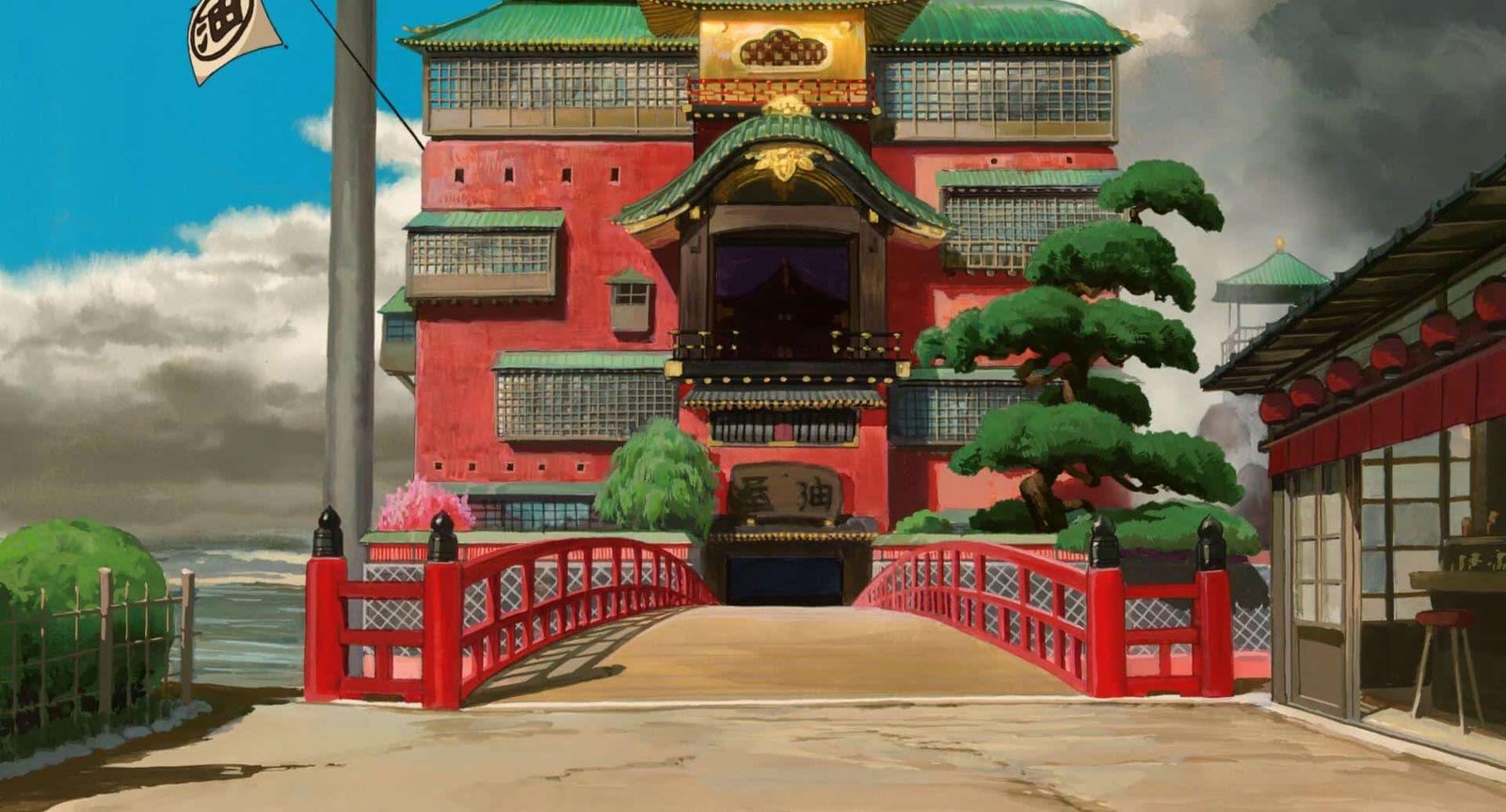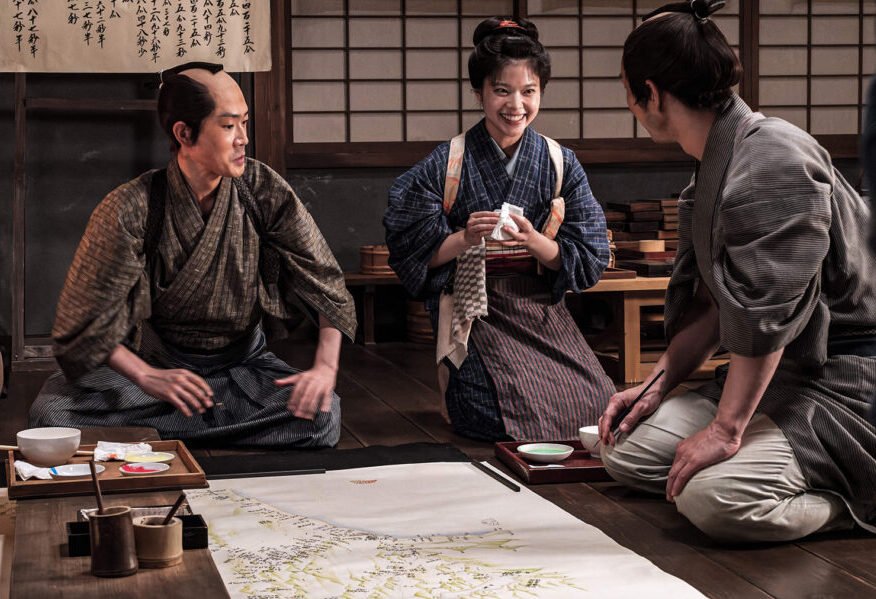The Venice Film Festival, one of the oldest and most prestigious film festivals in the world, has long played a critical role in showcasing global cinema. For Japanese filmmakers, Venice has been an invaluable platform to gain international recognition, bringing the unique style and storytelling of Japanese cinema to a broader audience. From legendary directors like Akira Kurosawa to modern filmmakers, Venice has helped to launch Japanese films into global prominence.
1. Akira Kurosawa: Venice’s Influence on a Master Filmmaker
The international breakthrough of Japanese cinema is often credited to Akira Kurosawa’s “Rashomon” (1950), which won the Golden Lion at the Venice Film Festival. This prestigious award not only introduced Kurosawa to Western audiences but also paved the way for Japanese films to be taken seriously on the global stage.
Impact of Rashomon:
- Its success at Venice opened doors for Japanese cinema to be featured in other major film festivals, including Cannes and Berlin.
- Kurosawa’s use of non-linear storytelling and exploration of moral ambiguity became influential in both Japanese and global cinema.
2. Venice’s Support for Emerging Japanese Talent

Over the years, the Venice Film Festival has continued to spotlight emerging and established Japanese filmmakers, offering them a platform to reach international audiences. The festival has served as a launchpad for new voices in Japanese cinema, helping them break into the global market.
Examples of Japanese Films at Venice:
- Takeshi Kitano, known for his unique blend of violence and humor, premiered his film “Hana-bi” (1997) at Venice, winning the Golden Lion and catapulting him to international fame.
- In recent years, directors like Hirokazu Kore-eda have gained attention at Venice, further solidifying the festival’s role in promoting Japanese films.
3. Bridging Cultural Gaps
The Venice Film Festival has helped bridge cultural gaps between Japan and the West by providing a platform for films that explore distinctly Japanese themes in ways that resonate with global audiences. Japanese films often bring a fresh perspective on universal issues like family, honor, and societal change, and Venice’s international audience has been instrumental in elevating these themes.
Key Films with Global Appeal:
- “Our Little Sister” (2015) by Hirokazu Kore-eda was showcased at Venice, receiving international praise for its delicate portrayal of family dynamics.
- “Love Exposure” (2008) by Sion Sono gained a cult following after being screened at the festival, known for its unique blend of drama, romance, and social commentary.
4. Japanese Cinema’s Growing Presence in Venice
In recent decades, Japanese cinema has become a regular feature at the Venice Film Festival. As Japanese filmmakers continue to push artistic boundaries and experiment with new genres, Venice has embraced this innovation, offering a prestigious platform for their work.
Modern Directors at Venice:
- Shinya Tsukamoto, known for his cyberpunk aesthetic, brought films like “Tetsuo: The Bullet Man” (2009) to Venice, captivating audiences with his experimental approach to filmmaking.
- Kiyoshi Kurosawa’s atmospheric horror films, such as “Creepy” (2016), have also found a home at the festival, further boosting the global appeal of Japanese horror.
5. Venice’s Role in Boosting Japanese Genre Films
Beyond arthouse cinema, the Venice Film Festival has been instrumental in bringing Japanese genre films to the forefront of global attention. Films that might have been overlooked elsewhere have gained critical acclaim at Venice, including horror, fantasy, and animation.
Genre Highlights:
- “Ju-on: The Grudge” (2002), directed by Takashi Shimizu, brought Japanese horror into the mainstream after its success at international festivals, including Venice.
- Anime films, such as Hayao Miyazaki’s masterpieces, have also been featured at Venice, helping to elevate anime from niche interest to a respected art form.
6. Recognition for Female Japanese Directors
The Venice Film Festival has also provided a platform for female Japanese directors, a demographic often underrepresented in the industry. Directors like Naomi Kawase have used the festival to reach global audiences, further diversifying the image of Japanese cinema abroad.
Naomi Kawase’s Influence:
- Kawase’s films, such as “Still the Water” (2014), have been screened at Venice, with her sensitive exploration of human emotions resonating with international critics.
- Her presence at Venice underscores the growing role of women in Japanese cinema and their ability to connect with audiences worldwide.
7. Venice Film Festival’s Continued Importance for Japanese Cinema
As Japanese cinema continues to evolve, the Venice Film Festival remains a crucial avenue for filmmakers to gain international recognition. Whether showcasing traditional storytelling or experimental films, Venice ensures that Japanese cinema remains at the forefront of global film culture.
Ongoing Impact:
- The festival’s commitment to featuring films from diverse cultures allows Japanese filmmakers to continue breaking new ground in both content and style.
- Venice’s prestige helps to validate the artistry of Japanese cinema, ensuring it maintains a strong global presence.
Conclusion
The Venice Film Festival has played a pivotal role in the global recognition of Japanese cinema. From launching the international careers of legendary directors like Akira Kurosawa to showcasing modern talents like Hirokazu Kore-eda, the festival has helped Japanese films reach audiences far beyond their domestic market. As Japan’s film industry continues to innovate, Venice will remain a vital platform for showcasing the diversity and creativity of Japanese filmmakers on the world stage.









